High Blood Pressure: Causes, Management, and Medications in Singapore
Last updated: 22 May 2025
What Is Hypertension?
Hypertension, or high blood pressure, occurs when the force of blood against artery walls is consistently too high. If unmanaged, it can lead to severe health issues like heart attack, stroke, kidney failure, and vision loss. Blood pressure medications and lifestyle changes are key to managing this condition effectively.
Causes of Hypertension
Hypertension can result from various factors, including:
- Genetics: Family history increases the risk of developing high blood pressure.
- Age: Blood pressure tends to rise as you age.
- Unhealthy Diet: High salt, processed foods, and low potassium intake can elevate blood pressure.
- Lack of Physical Activity: Sedentary lifestyles contribute to weight gain and higher blood pressure.
- Stress: Chronic stress may lead to temporary or sustained blood pressure spikes.
- Smoking and Alcohol: These habits damage blood vessels and raise blood pressure.
- Underlying Conditions: Kidney disease, diabetes, or thyroid disorders can cause secondary hypertension.
Types of High Blood Pressure Medications
Medications for hypertension work through different mechanisms to lower blood pressure. Below are the common types:
| Medication Type | Examples | How They Work |
| Diuretics (Water Pills) | Hydrochlorothiazide, Indapamide, Frusemide | Remove excess sodium and water through increased urination. |
| ACE Inhibitors | Enalapril, Ramipril, Lisinopril | Relax blood vessels by preventing the formation of angiotensin II. |
| ARBs | Losartan, Valsartan, Telmisartan | Block angiotensin II effects, relaxing blood vessels. |
| Beta-Blockers | Atenolol, Bisoprolol, Metoprolol | Reduce heart rate and force of heart contractions. |
| Calcium Channel Blockers | Amlodipine, Nifedipine, Verapamil | Prevent calcium from entering heart and arterial walls, widening vessels. |
| Direct Vasodilators | Hydralazine | Directly relax blood vessel walls. |
Your doctor will prescribe the most suitable medication based on your medical history and needs.
Potential Side Effects of Blood Pressure Medications
Side effects vary by medication and individual response. Common side effects include:
- Diuretics: Frequent urination, dizziness, dehydration, low potassium.
- ACE Inhibitors: Dry cough, dizziness, skin rash, loss of taste.
- ARBs: Dizziness.
- Beta-Blockers: Fatigue, cold hands and feet, shortness of breath.
- Calcium Channel Blockers: Swelling, dizziness, headaches, constipation.
- Direct Vasodilators: Headaches, joint pain, rapid heartbeat.
Contact your doctor if you experience severe reactions like swelling, difficulty breathing, or extreme fatigue.
Managing Hypertension: Medication and Lifestyle
To maximize treatment effectiveness, follow these tips:
- Monitor Side Effects: Track and report side effects to your doctor.
- Adhere to Prescriptions: Take medications as prescribed, even if you feel better.
- Regular Check-Ups: Attend appointments to adjust treatment if needed.
Complement medications with lifestyle changes:
- Healthy Diet: Eat fruits, vegetables, whole grains, and lean proteins. Limit salt and processed foods.
- Exercise: Aim for 150-300 minutes of moderate activity weekly, like brisk walking.
- Weight Management: Maintain a healthy weight to lower blood pressure.
- Stress Reduction: Practice meditation, yoga, or deep breathing.
- Limit Alcohol and Caffeine: Reduce intake to prevent blood pressure spikes.
- Quit Smoking: Stopping smoking improves blood vessel health.
Consult your doctor for a tailored plan combining medication and lifestyle changes.
Can I Buy Blood Pressure Medications in Singapore?
In Singapore, most blood pressure medications are prescription-only. You must consult a licensed doctor, who will assess your condition and prescribe the appropriate medication. These prescriptions can be filled at pharmacies like Guardian, Watsons, or hospital pharmacies.
Some clinics and telehealth services in Singapore allow you to consult doctors online and have medications delivered. However, over-the-counter blood pressure medications are not available due to the need for medical supervision.
Cost Considerations: The cost of blood pressure medications in Singapore varies depending on the type, dosage, and whether they are branded or generic. For example, generic versions of Amlodipine or Losartan may cost SGD 10-30 for a month’s supply, while branded medications can be more expensive. Public healthcare subsidies (e.g., CHAS, Pioneer Generation) or insurance may reduce costs. Check with your pharmacy or doctor for exact pricing.
Conclusion
Hypertension is a manageable condition with the right combination of medications, lifestyle changes, and regular medical care. Understanding the causes, treatment options, and how to access medications in Singapore empowers you to take control of your health. Always consult a healthcare professional for personalized advice and prescriptions.
In Singapore, high blood pressure (stage 1 hypertension) is defined as a consistent reading of 140/90 mmHg or higher, measured multiple times to account for daily variations.
A blood pressure reading of 180/110 mmHg or higher is classified as a hypertensive crisis, posing risks like stroke or heart attack. Immediate medical attention is required.
To temporarily reduce blood pressure, try deep breathing, staying hydrated, or light activity like walking. For persistent high readings, consult a doctor for long-term management.
Reduce salt intake, exercise regularly (150-300 minutes weekly), quit smoking, and manage stress through techniques like meditation. Consult a doctor for a tailored plan.
A consistent 140/90 mmHg reading indicates stage 1 hypertension. Visit a doctor for diagnosis and advice on lifestyle changes or medications to manage it.
Key causes include a high-sodium diet, lack of exercise, and chronic stress. Other factors like genetics, age, or conditions such as diabetes also contribute.
Avoid high-sodium foods like processed meats, salty snacks, and canned soups, as well as fried foods and sugary beverages that promote weight gain.
Bananas are excellent due to their high potassium content, which helps balance sodium levels and relax blood vessels, aiding blood pressure control. However, this may not be suitable for individuals who have chronic kidney disease and require a potassium restricted diet.
High blood pressure is often silent, but some may experience headaches, dizziness, or chest discomfort. Regular monitoring is essential for detection.
Drinking water can prevent dehydration-related blood pressure spikes. Sitting calmly or practicing deep breathing may also help temporarily reduce stress-induced spikes.
